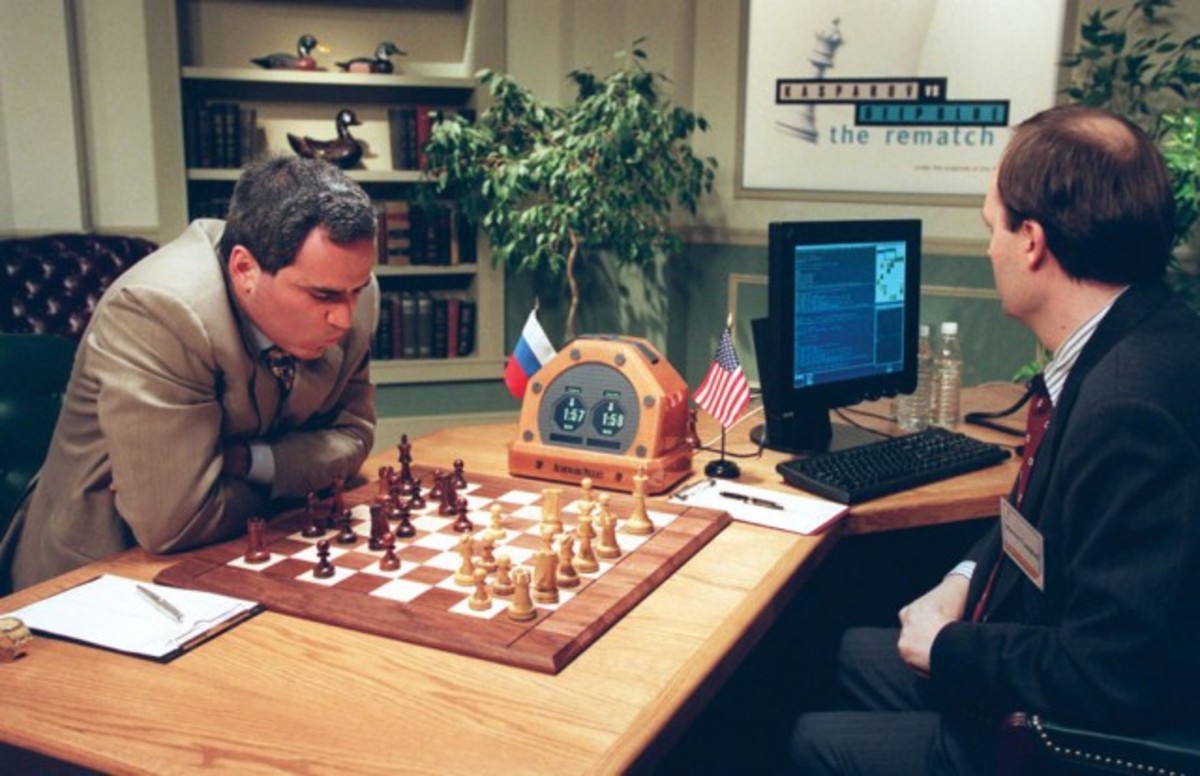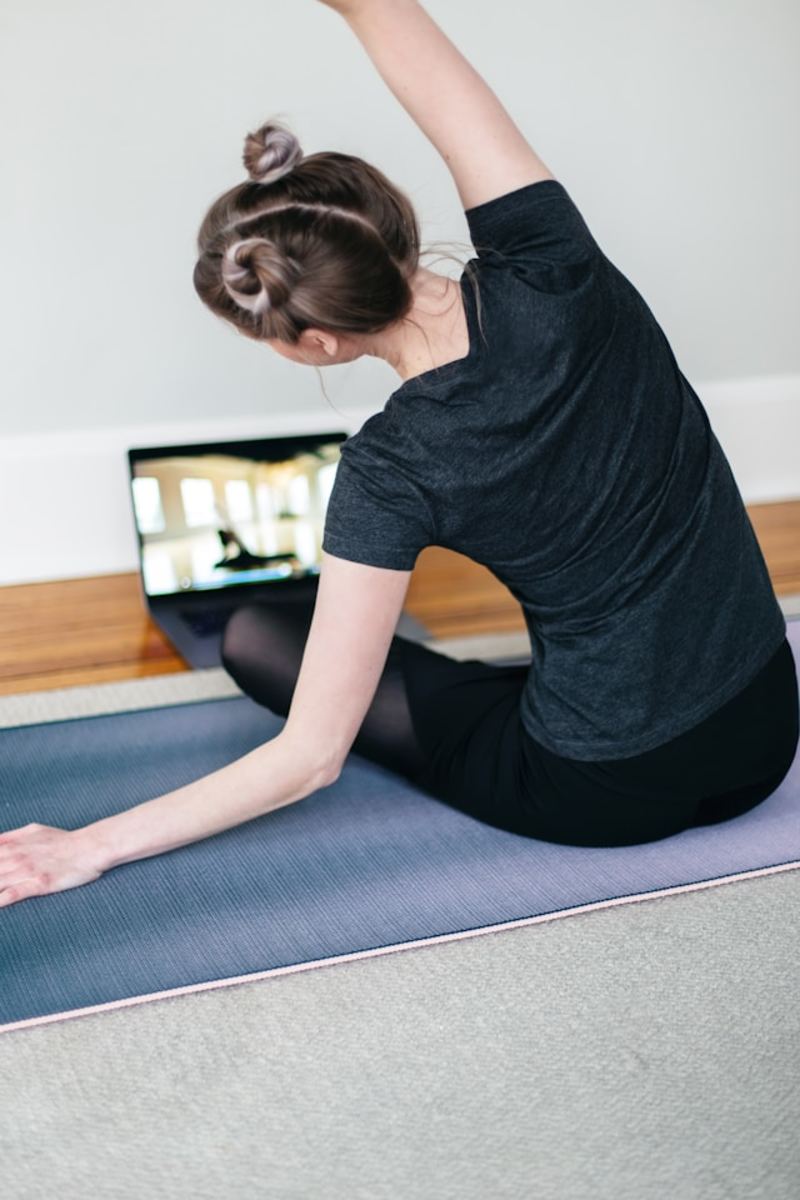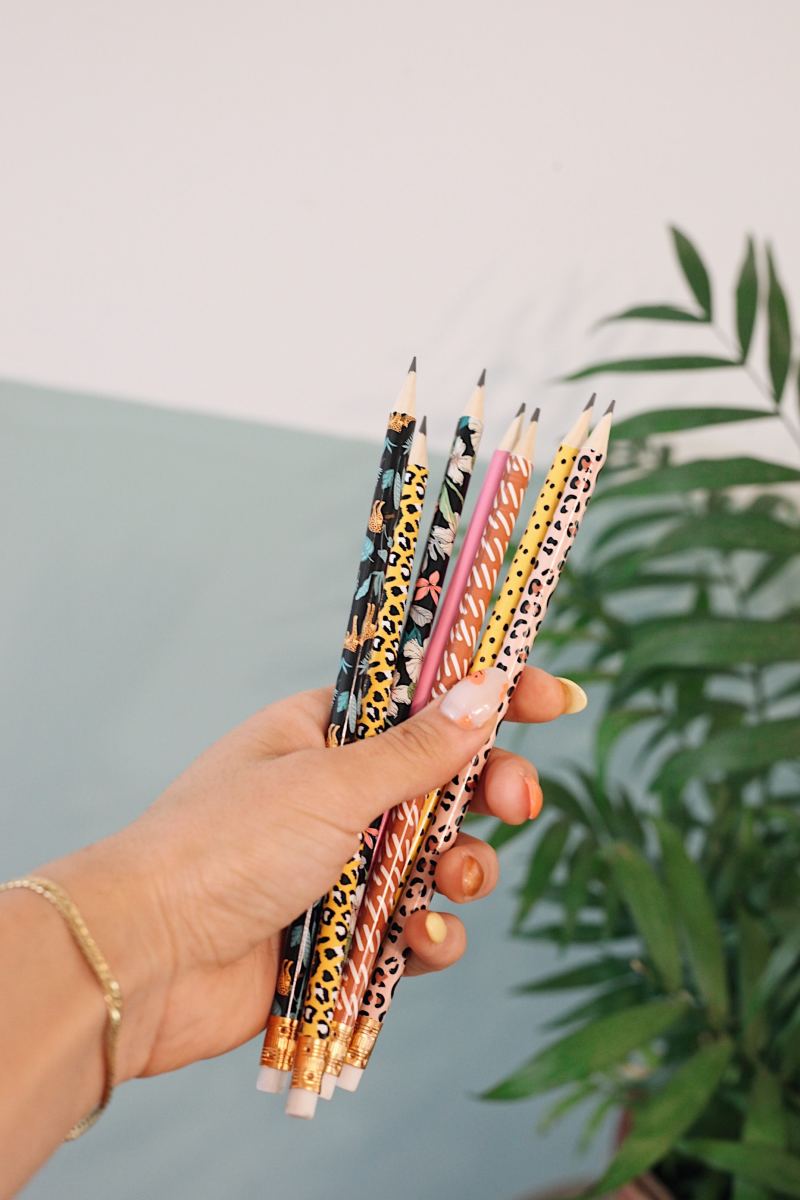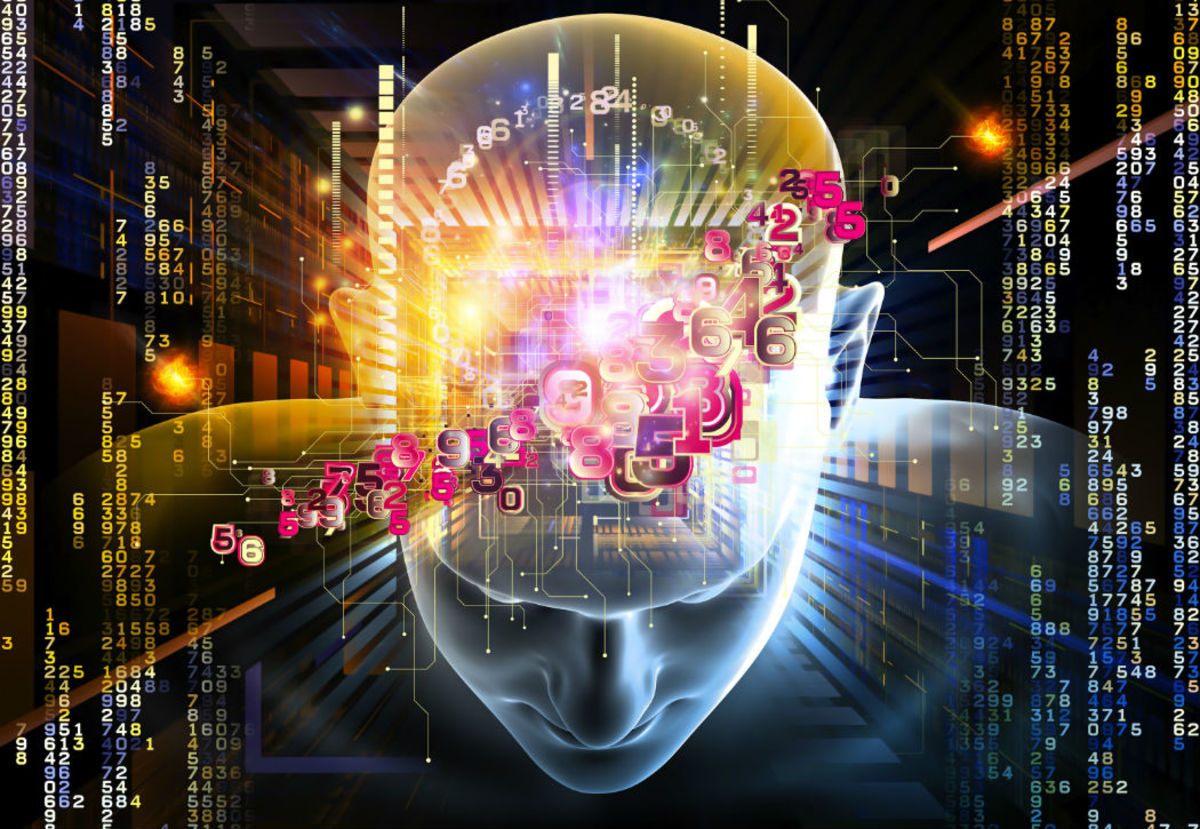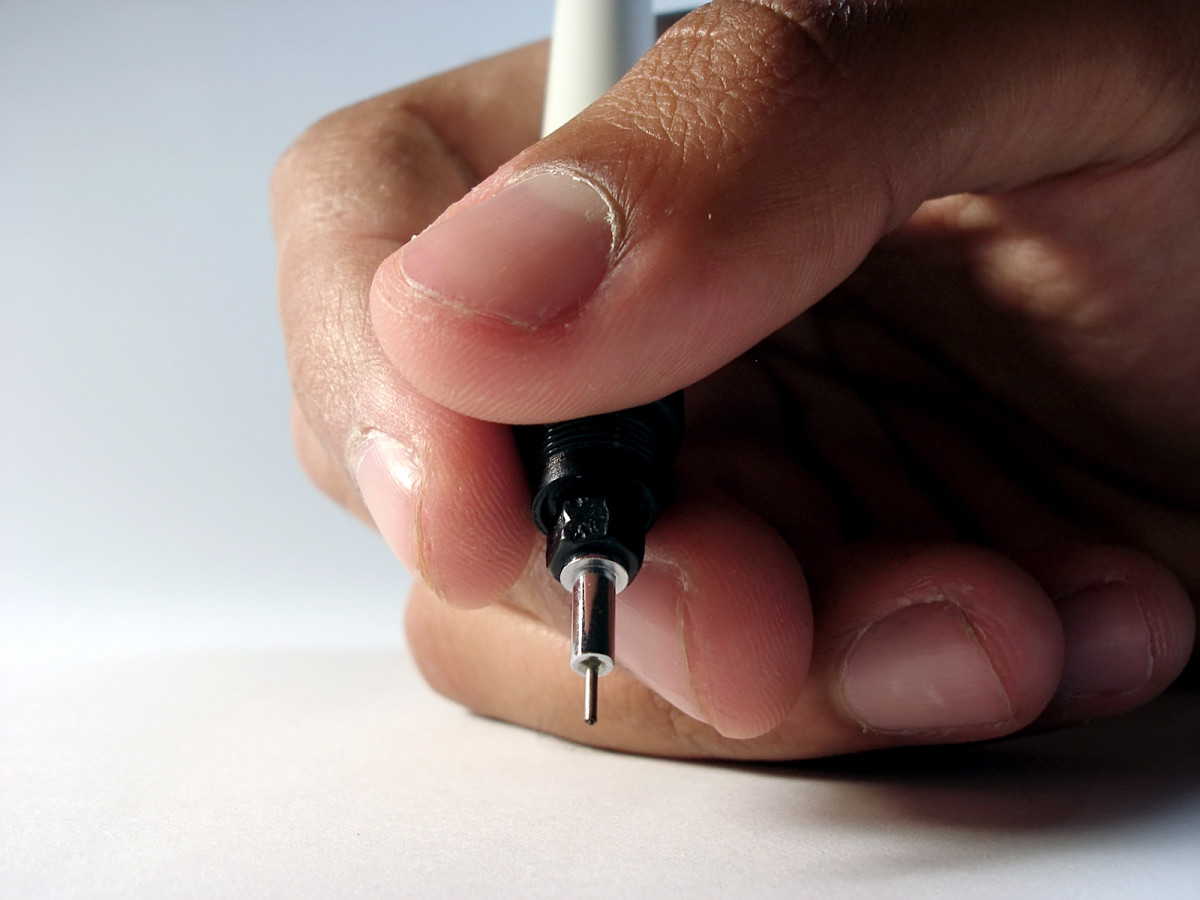5 Things That Will Make You Smarter
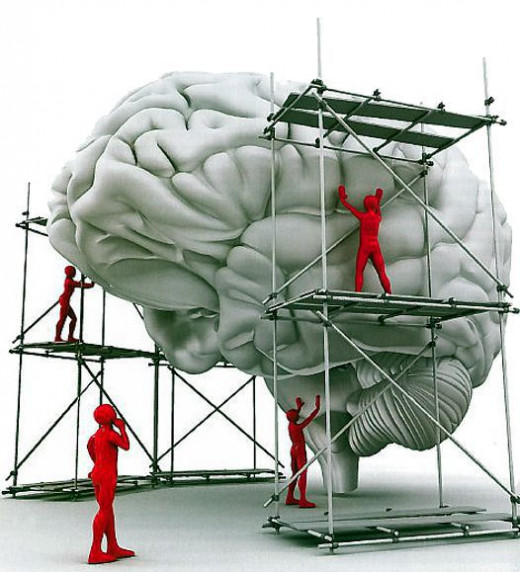
“The measure of intelligence is the ability to change.” ---Albert Einstein
The demand on human intelligence is greater then ever before in human history. How many of use our bodies, almost solely as a method of transport for our brains? With all this demand on the brain we need to improve it. The future belongs to those who are more intelligent. Unfortunately the American education system doesn't feed this need for growth. Instead, it standardizes us by the lowest common denominator. Simply put: you can not depend on education to give you the mental faculties need to advance beyond your station. There are things you can do and products available to help you keep up with human culture. The human brain is not like a muscle as commonly taught. It is, it's own thing. AS your brain improves, the faster it will improve. Standardized testing does not reflect this relationship because the human brain de-standardizes as it develops. It makes its own connections beyond the information presented and then builds further.
1. Smart Phone
Increasing your social circle places a large demand on executive, emotional, and memory processes. There is a direct link between an animals brain size relative to its body, and the amount of time it spends socializing. Human socialization is the most complex task known (even the most brilliant scientist studying the most intricate specialties will agree to this). Socializing also provides practice in the most beneficial area: cooperative behavior. Smart phones are not limited to social media. They also provide instant access to the collective knowledge of the human species, instantly on demand. As if these two things weren't enough, there's apps to help you with almost anything, you can even order pizza. The smart phone is the most versatile tool since the invention of the pointy stick. Tools effect those who use them, and this one will effect the user in ways not yet understood. If you don’t already have one then you don’t know how much you need one. It's like learning to count; before you knew how to count, you didn’t have much use for counting.

2. Sports
The only time the human brain develops new neurons, is when it learns a new physical task. We don’t use all our grey matter. A lot of it is just potential. The only why to develop this latent potential is to learn new physical activities.
Sports are the best form of exercise for the human brain. The benefits of exercise are not only for the body, but also for the mind. Exercise reduces the effects of stress, improves mood and memory, stabilizes mood, increases attention span, develops coordination, gains mental flexibility, and helps prevent degenerative brain disease. These are a few of the effects, more can be listed, and how can be further explained; but this article is not an in-depth discussion of neurology. These effects are well know.
You don’t have to playing the NFL to do a sport. Dance is a sport, and so is martial arts. You can practice these in the comfort of your own home, at your own pace. There are many other sports that encourage a little more fresh air, such as disc golf. Like any task, a new sport is going to take time to learn. Anyone who thinks less of you for starting to learn their sport is a(n) _____ . you'll find that the vast majority of people who play any sport will encourage, and help others wanting to learn.
Lighted keys teach you to play
3. Art
The arts demand that a person creates new associations; developing new ways to think about things. Art is everywhere you can start with a cookbook, or a piece of paper, maybe even a drum, canvas, or a piece of wood. Make what ever you enjoy. As you develop skill you'll become better. Try new things, do something new with it. If it doesn’t work, try it again in a different way. There are no rules to art, but many guidelines. Depending on your discipline these guidelines change. Once you understand these guidelines, you can start bending them; even breaking them.
With that being said, there are some blurry universal laws that exist 80% of the time.
1. Art has a limit. Don’t waste time and resources on frivolous things that distract from what your trying to express. You could be expressing an idea, a taste, a culture, a sound, a rhythm, color pattern. What ever it is, don’t add needless junk that distracts from that. An example would be decorating a plate of wild salmon and rice, with hamburger wrappers.
2. Hyperbole. Art is not, generally, as you'd find things randomly naturally. Picture portraits are supposed to be flattering. They are not how the person photographed, would be seen if they passed by on the street. A painted portrait is not a photographic representation. Painted portraits are slightly exaggerated. The painter purposefully exaggerates distinctive features. This makes the painting look more like the subject, then a photograph would. When this exaggeration is taken to an extreme they become caricatures: the big ears and head of president Obama.
3. Metaphor. Art typically expresses a metaphor by comparing 2 or more different things to express something. Silence, then a thump, followed silence, then another thump can be used to create a beat. In this case, silence and a noise are being compared to express a component of music.
4. Front, Middle, Back. There are three different levels in almost all art: fore, mid, and background. Returning to the plate of wild salmon and rice. The wild salmon on top is the fore. The bed of rice its placed on is the mid, and the plate is the background. As you taste it, the salmon should be foremost tasted. the salmon is highlighted by the cooking technique used (added flavors, spices, herbs, salt, pepper), is the mid. Rice with its subtle taste and texture, being the background.
4. Books
Books build our brains beyond the immediate ideas expressed in them. We decode a series of abstract squiggles into language. We maintain consistent concentration for minutes, some times hours, at a time. We detangle expressions, euphemisms, metaphors, figures of speech, and intended tones. We might not even notice the typos, that are persistent in any body of writing that continues for a decent spell. When reading, read what you enjoy and remember content is king. It's not how many words that are in a book, as Doctor Seuss has proven, but what is being conveyed. A book rich in information and descriptions is way better then one that is boring.
The best way to develop memory is to actively engage it. We largely remember things by simply recalling it, with very little thought. This is called rote memory. Repition to help us remember the more difficult and more important things. By developing memory systems, a person begins to actively engage there memory; increasing their retention, while decreasing the amount of time necessary to memorize it. this systematic engagement of the memory carries over to our rote memory. Memory systems also improve our rote memory.
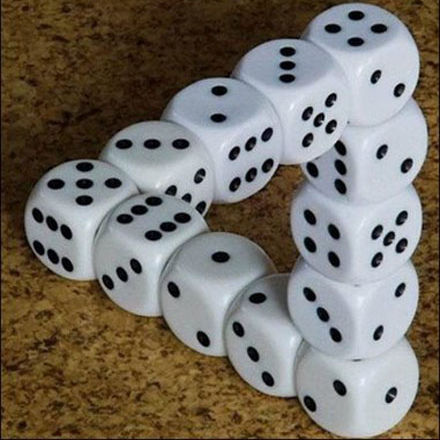
5. Puzzles and Games
Puzzles and games are an ancient form of brain training. Riddles have been around longer then recorded history. Puzzles have one purpose: stimulate problem solving. Puzzles come in a myriad of types; from jigsaws, to chess. Most of what we refer to as games can be considered puzzles. Games are simply multiplayer puzzles, with the exception of games like solitaire. Different puzzles challenge different parts of your brain. They will increase your IQ. How much you gain from them depends on your involvement in them, and there ability to continually challenge you. Your intelligence gains from a slot machine is limited. It requires little mental involvement while being little challenge. You pull the lever or push a button. The challenge is deciding on your preferred betting pattern. After a very short time you learn to recognize when to push the button and have decided on your betting pattern; not much of a puzzle. On the other side of the spectrum is a riddle. To solve a riddle you must make an appropriate associations given the clues. This requires deep involvement. Once you solve a riddle, another is asked, making riddles continuously challenging.
A challenging riddle to leave you with.
A man leaves home. He then makes four left turns, returning home. He is then confronted by a man in a mask. What is he doing?



